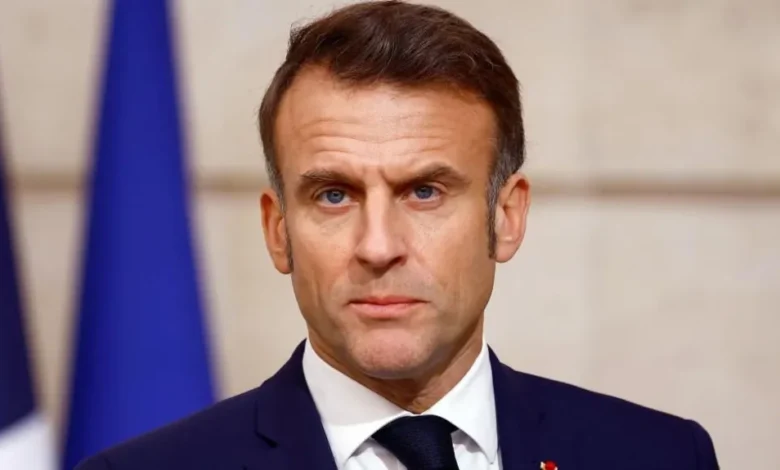Macron Plans to Appoint New Prime Minister Soon Following Barnier’s Resignation
Macron Plans to Appoint New Prime Minister Soon Following Barnier's Resignation

- Macron has confirmed he will appoint a new prime minister "in the coming days"
- Macron thanked Barnier for his service during his brief time in office
- His aim was to convince them to break from the larger left-wing coalition
French President Emmanuel Macron has confirmed he will appoint a new prime minister “in the coming days,” after Michel Barnier resigned following a no-confidence vote in parliament.
In a televised address on Thursday, Macron firmly rejected calls for his resignation, stating that he would remain in office “fully, until the end of the mandate” in 2027.
On Friday, Macron engaged in discussions with leaders of the Socialist Party, who expressed a readiness to negotiate a government formation under a temporary arrangement. The Socialists, along with other left-wing and far-right groups, voted to remove Barnier, only three months after he was appointed by Macron.
Macron thanked Barnier for his service during his brief time in office and accused lawmakers of forming an “anti-republican front” to destabilize the government. The no-confidence vote marked the first time in over six decades that a French government had been ousted by parliament, an event Macron called “unprecedented.”
In France, the president has the authority to appoint the prime minister, who is then responsible for running the government. However, the prime minister must maintain the support of parliament, and Barnier was ousted after just three months due to the no-confidence vote.
Finding a successor who will not face immediate rejection by parliament could prove challenging for Macron, given the deadlock following the snap elections in June. The National Assembly is now divided into three main political blocs: the left, the center, and the far-right. For Macron’s next prime minister to succeed, it is likely that some members of the left bloc will need to be persuaded to support the new government.
Macron held talks on Friday with leaders from his centrist “Macron camp” and with Socialist representatives. His aim was to convince them to break from the larger left-wing coalition, the New Popular Front. He also planned to meet with right-wing Republicans.
Ahead of the meetings, Socialist leader Olivier Faure expressed a willingness to discuss a compromise and form a government on a temporary basis.
However, he made it clear that he was not eager to support the continuation of Macron’s policies. With no new parliamentary elections scheduled until July 2025, Faure’s comments suggest that a short-term government could be a potential solution to the current political crisis.





